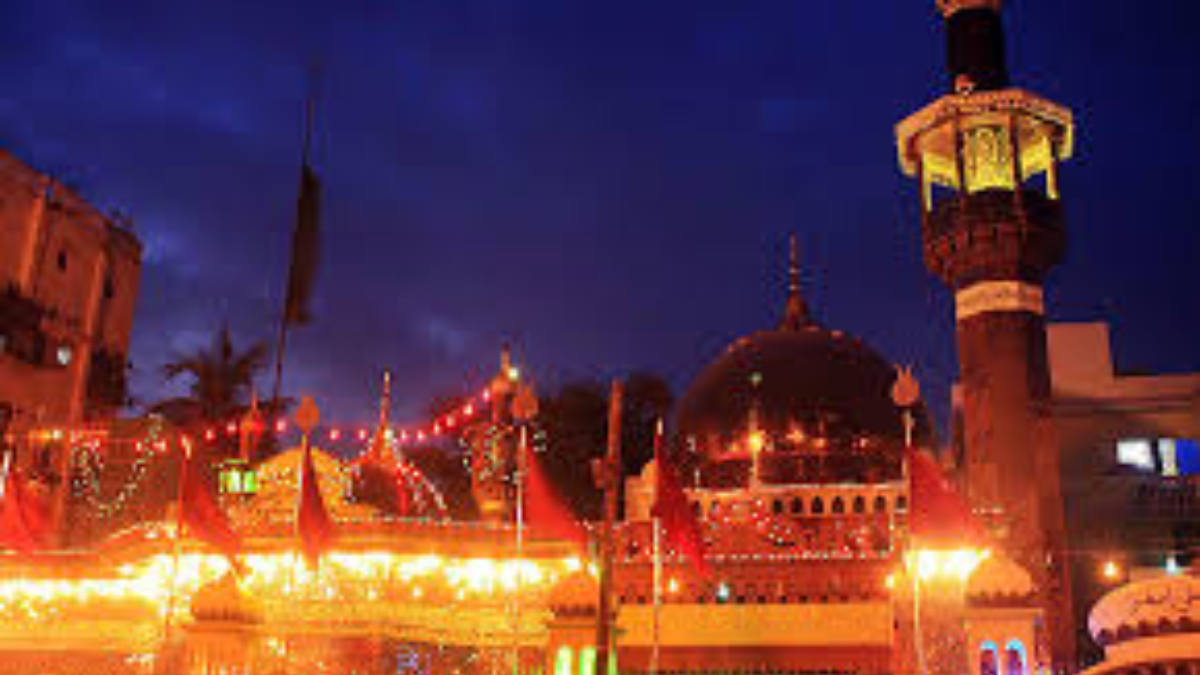Shab-e-Barat: The Night of Forgiveness and Divine Decree in Islam

Shab-e-Barat is considered one of the holiest nights in Islam, where Allah forgives sins, showers blessings, and decides the fate of individuals for the coming year. Muslims around the world observe this night by offering prayers, reciting the Quran, seeking forgiveness, and visiting the graves of their ancestors.
Why Do Muslims Observe Shab-e-Barat?
1. The Night of Divine Mercy and Forgiveness
It is believed that Allah accepts all lawful prayers and forgives sins on this night.
People repent for their past mistakes and make resolutions for a righteous life.
Muslims offer special prayers, read the Quran, and seek blessings from Allah.
2. Connection with the Afterlife and Fate
Shab-e-Barat is also known as the night of destiny, where Allah writes the fate, life, and death of every individual for the coming year.
The deeds of the past year are reviewed, and the future is decreed.
Many Muslims visit graveyards to pray for their deceased relatives and seek forgiveness for their souls.
3. Observing Fasting on Shab-e-Barat
Many Muslims observe a voluntary fast on the following day.
It is believed that fasting on this day leads to the forgiveness of sins committed in the past year.
Some sects suggest keeping two fasts—one on Shab-e-Barat and the other the next day.
Significance of Shab-e-Barat in Different Islamic Traditions
Sunni Muslims believe that Allah’s mercy is abundant on this night and that the Prophet Muhammad visited Jannatul Baqi graveyard for prayers.
Shia Muslims commemorate this night as the birth anniversary of the 12th Imam, Muhammad al-Mahdi.
Some Islamic scholars argue against excessive rituals, while others emphasize the importance of prayers and reflection.
The True Message of Shab-e-Barat
Shab-e-Barat is not just a night of prayers but a reminder to seek forgiveness, strengthen faith, and mend broken relationships. It is an opportunity to purify the soul and reconnect with Allah through acts of devotion and kindness.


